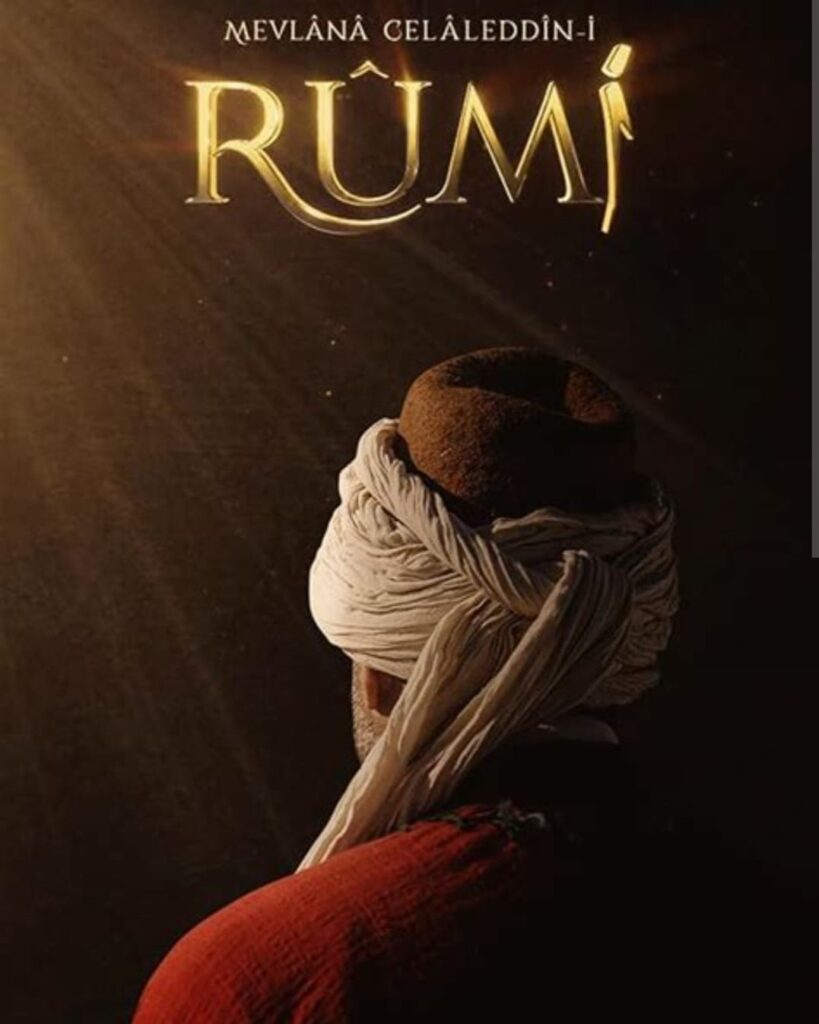Khawaja and the Hindi Parrot
It is said that Farid-ud-Din Attar had presented to Rumi his masterpiece “Asraar Nama” while he was just a child and was roaming with his family in Central Asia for peace, as the whole region was plunged and devastated by the attack of Mongols. Attar himself had died at the hands of savage Mongols.
According to Nicholson, “Rumi has borrowed, adapted, and expanded Attar’s tale of the Hindu sage and the King of Turkistan (Asrar-namah, 90, 6 sqq.), where a parrot plays the same trick with equal success. In both cases, a message is sent by the captive parrot to her mates in India: upon hearing it, they all (Attar), or one of them (Rumi), fall to the ground as though dead. When the news is brought to the caged parrot by the Hindu sage (Attar) or the merchant (Rumi), she knows what to do to regain her liberty. She ‘dies,’ is cast out of the cage, and immediately flies away.”
The cage is but a symbol of prison operating on several levels; it is the body that is a cage for the human soul; it is worldly customs and rituals and manners that enslave the human spirit, and there are the physical comforts and luxuries of this world which restricts human wisdom. The bird may be the human soul at the individual level, which has to learn to free itself from the shackles of worldly snares to pursue higher goals. The birds symbolize freedom humans want to enjoy because fish are caught in the water and humans are studded to earth. The birds that free themselves of this prison by purifying their souls become akin to angels and may return to their homeland in Paradise. Such freedom prophets and Walis – friends of Allah, seek. However, such freedom cannot be attained without Divine guidance.
Rumi has revered renowned scholars of his time, Attar & Sanai. He has well celebrated the fact that wisdom can only be acquired through adopting proper means for it, and one must seek it in either religious codes of ethics or through scholars who have been placed at high ranks by God, the most exalted Himself. He had not just cursed the tongue; it was the abundant use of discursive logic by scholars of his time that he attacked, which parts Philosophy and theology; it is the reason that divides science and religion. Following either of the extremes, we lose touch with knowledge itself.
Sometimes, it is the scholar’s knowledge which leads him to self-conceit. In giving sermons and lectures, he falls in love with his voice and begins to exalt himself. One who stops being humble falls prey to flattery and public idolatry; he has but lost the way, and only repentance and severe atonement can deliver him back to the Right Path.
An Aalim (scholar or teacher) must be very careful in his deeds and thoughts because a whole new generation must learn from and follow him. Teaching is not just passing out information and propagating certain ideas. It casts a strong moral, social, and psychological influence on students’ personality development and character building. Therefore, a teacher/scholar must be mindful of his social customs, careful in his lifestyle, and watchful in his public bearing. He must develop a vivid sense of “right” and “wrong” in the most virtuous manner and be “self-righteous” before claiming the right of public esteem and self-respect.
And indeed, it leads us to “Enjoin good and forbid Evil.”
May Allah, The Most Exalted One, be The True Guide of The Righteous Ones!
Above all, Rumi’s message is to celebrate peace, justice, and freedom for all, whether one is superior or inferior, a bird or a human being, a powerful nation, or the meekest one on earth. In order to liberate oneself from misery, one has to let go of others who are kept in desolate prison, either due to selfish possession or jealous egotism. We are all but “men of lust who drink blood in an earthen cup,” and the most poignant moral issue is:
Whether we shall ever be able to rise above that?
( Copyright 2024 ) Dr. Seema Arif All rights reserved.
All material on this page is Seema Arif’s original writing. Using it in any form of publication and print media without prior permission will be considered a violation of rights. When quoting research papers, proper referencing should be used.







